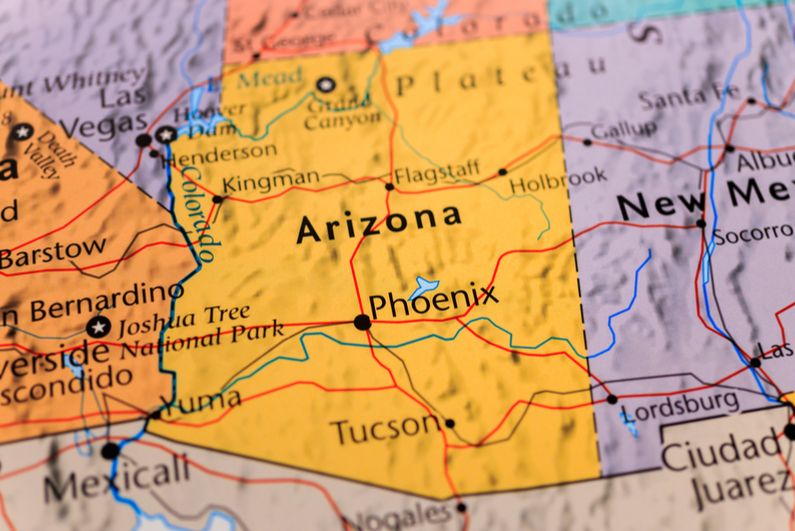Arizona Betting
Arizona's OTBs are located in bars and restaurants statewide. ADG is committed to keeping the public informed and will post updated information as it becomes available. Arizona law allows for commercial race track permittees to petition the Arizona Racing Commission to open OTB sites around the state. Lundy highlighted the fact Arizona is one of six states without legal daily fantasy sports. She also cited estimates that more than 1 million Arizonans are betting upwards of $3 billion illegally. With legalized sports betting, Lundy said Arizona could generate up to $42 million annually in taxes to its general fund. View/download a list of off-track betting sites in Arizona where you can wager on horse and dog race simulcasts or use the interactive map to find the location nearest you.
- Utah Arizona Betting Line
- Colorado Arizona Betting Line
- Arizona Betting Odds
- Arizona Sports Betting App
PHOENIX (AP) — Arizonans would be allowed to bet on professional and college sports at tribal casinos and at sites owned by pro sports teams under a proposal that is part of an update to the state’s deal that allows Native American tribes to run casinos.
The wide-ranging proposal introduced in the Arizona House on Monday would also allow bets to be placed online, fantasy sports wagering, and add limited Keno games at off-track betting locations and social clubs like the American Legion.

The proposal introduced by Republican Rep. Jeff Weninger of Chandler has been anticipated since GOP Gov. Doug Ducey announced “an opportunity for a modernized gaming compact that will bring in more revenue for our tribal nations and our state budget,” in his State of the State address last month. Ducey has been working on a new deal with tribes for several years, hoping it can boost state revenue by allowing gambling outside of tribal-run casinos.
Utah Arizona Betting Line
That’s just what the deal does, Weninger said Tuesday, although the anticipated revenue hasn’t been released.
“With that comes tax revenue without raising taxes, and allows us to keep our tax rates low,” Weninger said in an interview.

The biggest part of the plan would allow pro sports teams like the Phoenix Coyotes, Arizona Diamondbacks and Arizona Cardinals run sports betting operations at their respective venues, at a retail location within a quarter mile and online. There would be 10 licenses awarded to sports, which could include professional golf and even NASCAR, Weninger said.
Tribes would also get 10 licenses and could run sports books at two dozen tribal casinos in the state.
Colorado Arizona Betting Line
The tribes, which have fiercely protected their exclusive right to most gambling in the state under the gaming compact approved by the state’s voters in 2002, get the right to build some new casinos under an updated deal. And in a big win, they would also be allowed to greatly expand their exclusive gambling offerings, adding games like Baccarat and craps to existing offerings of slot machines, blackjack and poker.
Arizona Betting Odds
And there are options for online gambling as well, allowing growing online gambling sites like Draft Kings to piggyback on the licenses.
Fantasy sports gambling also is embraced by Weninger’s proposal. The state would allow any company that meets it standards to run fantasy sports gambling operations.
Both the legislation and a 20-year extension of the state’s gaming compact with tribes must be adopted for either to go into effect.
Getchen Conger, Ducey’s deputy chief of staff, said the deal will help tribes and pro sport teams that have struggled during the coronavirus pandemic. And the plan is certain to boost state revenue, but it will take some time for the amount to become clear, especially revenue from gambling on sporting events.
“This is the million-dollar question,” Conger said. “It really depends on what the uptake is on the event wagering.”
Arizona Sports Betting App
The state gets a cut of the gambling profit, which will go to the general fund. Money from tribal gaming goes to special state accounts and local governments. In the fiscal year that ended on June 30, 2020, tribes brought in nearly $2 billion in gambling revenue and the state received $102 million, according to a Department of Gaming report, while cities received $13 million.